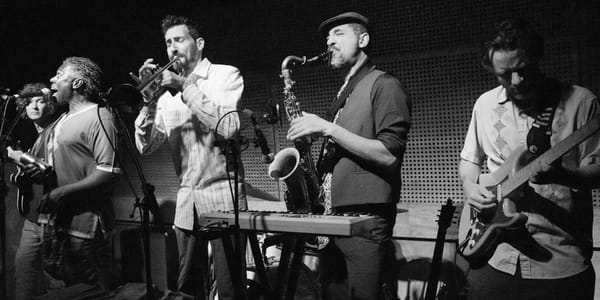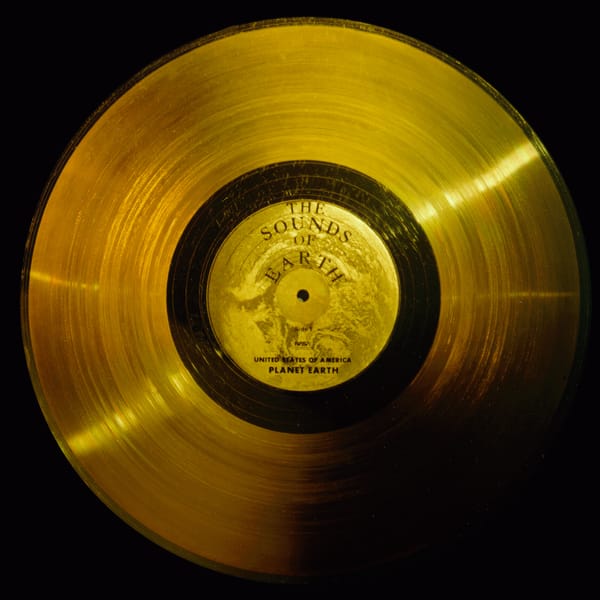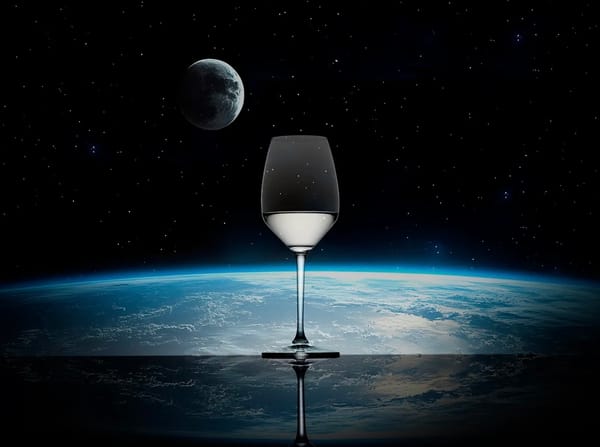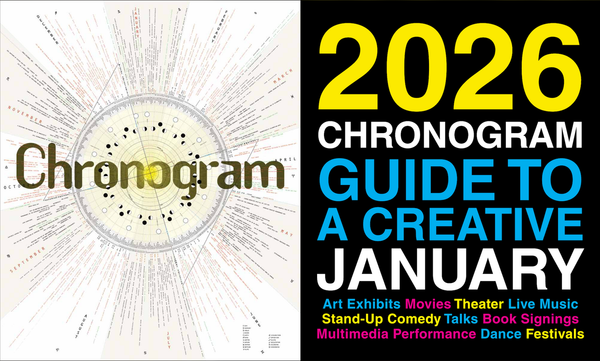
Photos by Kevin SpragueBy Jeremy D. Goodwin With friends like this, who needs enemies? The simplest reference to famed literary frenemies F. Scott Fitzgerald and Ernest Hemingway conjures a sense of Jazz Age glamour, a romantic notion of novelists as pop stars, living off the largesse of their rich friends while the culture careened unsuspectingly toward a devastating crash. Indeed, Hemingway thought Fitzgerald romanticized the rich, though just a glance at The Great Gatsby reveals a more nuanced view of the emptiness that can eat at the foundations of even the best-preserved artifice. What’s sometimes forgotten now is that Fitzgerald died in 1940 an apparent failure, creatively washed up and a seeming anachronism in a time of economic uncertainty and darkening war clouds. He made a living writing short stories and essays for magazines, cultivating a bit of a sad-sack persona and making three separate, unsuccessful attempts at success as a Hollywood screenwriter. He was working on a fifth novel at the time of his fatal heart attack at age 44, unaware he’d later be lionized as one of the great literary voices of the century. For his engaging new play Scott and Hem in the Garden of Allah, Mark St. Germain imagines a final meeting between Fitzgerald and Hemingway, while Scott was writing away on an MGM assembly line of sorts (he’s aghast to hear his latest script pages described as “spare dialogue" in case the actors don’t like their original lines) and his garrulous old friend was riding high on popular success. The piece is St. Germain’s seventh world premiere at Barrington Stage Company (it was produced in July for the first leg of a two-part, “rolling" world premiere), and his first since the company’s second stage was named after him last year. In a twist, he also directs this one as well.

In one 80-minute act, Fitzgerald (played by Joey Collins, a holdover from the initial production) and Hemingway (brought to bombastic, mustachioed life by Ted Koch), alternately flatter, undermine, support, and tear at each other. Scott is facing a studio deadline and carefully avoiding alcohol—his new drink of choice is Coca-Cola and maple syrup. But the unannounced visitor Hemingway has time to kill, a bottle or two of whiskey to throw back and an agenda—to probe his friend about the painful details of his wife Zelda’s mental crack-up. Conceptually, the obvious comparison is to St. Germain’s biggest hit Freud’s Last Session, for which he imagined a meeting between the titular psychoanalyst and C. S. Lewis. But whereas that play pitted the two academic types in a series of parries and responses on philosophical musings about the existence of God (or not), with little on the line in their personal relationship, this new play finds its central characters locking horns on less profound matters but with the sense that their lives depend on it. This time there are (metaphorical) blood and guts on the floor. Collins plays Scott with a gentle Southern accent and a pained sense that his best days are behind him, but an almost bemused determination to taste each bitter drop of his personal and professional comeuppance. Koch provides the gregariousness we expect from the lion-hunting Hemingway, and a blustering confidence that thinly sheathes a deep layer of defensive uncertainty.
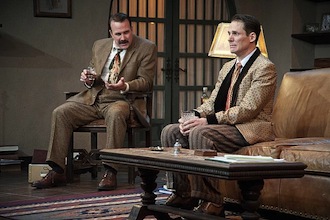
Unlike with Freud, St. Germain introduces a third character here, one who provides a dose of much-needed feminine energy and a chance for implied scene breaks as Fitzgerald occasionally retreats to his bedroom, leaving her to fend off his guest’s clumsy sexual intimations. Miss Evelyn Montaigne, an assistant to studio boss Louis B. Meyer charged with keeping Fitzgerald on schedule and off the bottle, is played by Angela Pierce, who appeared in the July production but joined this one midstream, with little rehearsal time, after another actress dropped out. Pierce wears a tight scowl through much of the play’s early going, but allows her character to open up a bit as we learn about her own vulnerabilities, and the unexpected ways that her fate is tied to Scott’s. St. Germain’s direction (and writing) keeps things moving at a brisk pace while the tension steadily mounts, and a well-staged fight acts as a thunderstorm to break the heat temporarily as the night moves toward its conclusion. There are a couple of moments that are a little heavy-handed in their suggestion about the real source of Hemingway’s defensive machismo; we end up with the sense that St. Germain might have picked a sub-theme or two and run with them, rather than trying on as many as he does. (We also touch on and circle around the conflict between family life and creative success, Scott and Zelda’s rivalry, Hemingway’s fears about his own crack-up, and the efficacy of suicide.) But the play’s final, heartbreaking moments come with a development that’s as unexpected as it is inevitable. There’s no romanticized bonhomie here; just three wounded people searching for a little bit of solace. Perhaps they might have found a way to support each other. But as if drowning, they can only flail around wildly and drag the others down with them. Scott and Hem in the Garden of AllahWritten and directed by Mark St. Germain At Barrington Stage Company through September 29


